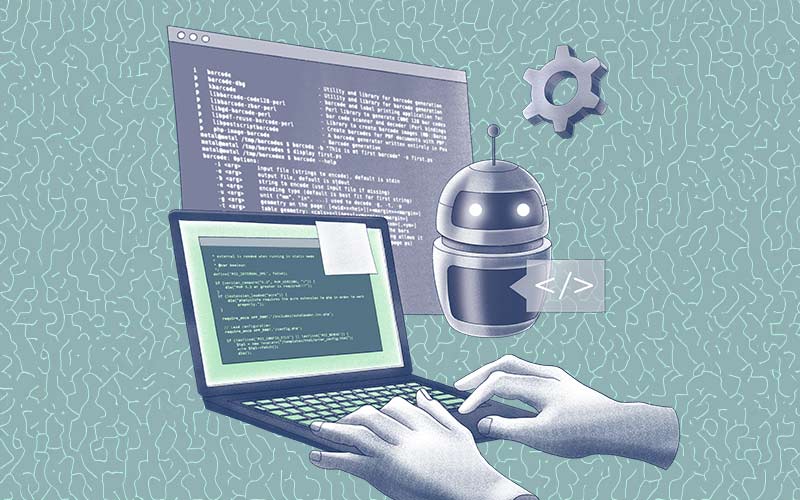The rise of artificial intelligence (AI) has brought about a revolution in various domains, including the realm of writing. AI writing tools have become increasingly sophisticated, offering students and professionals alike the ability to generate content quickly and efficiently. However, with these powerful tools comes the responsibility of using them ethically and responsibly, particularly for teenagers.
In this guide, we’ll explore the responsible use of AI writing tools, addressing both their advantages and potential pitfalls.
Understanding AI Writing Tools
AI writing tools leverage advanced language models and natural language processing algorithms to assist users in generating written content. These tools can help with various tasks, including ideation, outline creation, content generation, and editing. While some tools are designed for specific genres or purposes, others offer a more generalized approach to writing assistance.
Popular AI writing tools like Jasper, Copy.ai, and ChatGPT-powered assistants have gained popularity among students and professionals alike. These tools can save time, improve productivity, and even enhance creativity by providing fresh perspectives and ideas.
The Advantages of AI Writing Tools for Teens
For teenagers, AI writing tools can offer several benefits:
- Improved Writing Skills: By observing how AI tools structure sentences, organize ideas and incorporate literary devices, teens can learn and develop their own writing abilities.
- Increased Efficiency: AI tools can help students complete writing assignments more quickly, leaving them with more time for other activities or responsibilities.
- Ideas and Brainstorming: Struggling with writer’s block? AI tools can provide prompts, suggestions, and fresh perspectives to jumpstart the creative process.
- Personalized Learning: AI writing assistants can adapt to a student’s skill level and provide tailored feedback and guidance.
Responsible Use: Navigating the Ethical Landscape
While AI writing tools offer numerous benefits, teens must understand and adhere to ethical guidelines when using them. Here are some key considerations:
- Plagiarism and Academic Integrity: AI-generated content should never be passed off as one’s own work without proper attribution. That’s a form of academic theft and can have severe consequences.
- Critical Thinking and Analysis: AI tools should be used as aids, not replacements for human critical thinking and analysis. Students should still engage in their research, fact-checking, and analysis.
- Privacy and Data Security: Some AI writing tools may collect and process user data. Teens should be aware of the privacy policies and data practices of the tools they use.
- Intellectual Property Rights: AI models are often trained on copyrighted material, which raises concerns about intellectual property rights. Users should exercise caution when generating content that may infringe on existing works.
The Role of Schools and Educators

Schools and educators play a pivotal role in guiding teens toward the responsible use of AI writing tools. Here are some steps they can take:
- Establish Clear Policies: Schools should develop and communicate clear policies on the acceptable use of AI writing tools, particularly in academic settings.
- Provide Training and Education: Educating students on the capabilities, limitations, and ethical considerations of AI writing tools can help promote responsible use.
- Encourage Critical Thinking: Emphasize the importance of critical thinking, analysis, and independent research, even when using AI tools as aids.
- Implement Detection Measures: Tools like an AI essay detector can help identify instances of academic dishonesty involving AI-generated content.
Conclusion
AI writing tools offer immense potential for enhancing productivity, creativity, and learning experiences for teens. However, their use must be accompanied by a strong ethical foundation and responsible practices. By promoting awareness, establishing clear guidelines, and fostering critical thinking skills, we can empower teens to harness the power of AI writing tools while upholding academic integrity and ethical standards.
